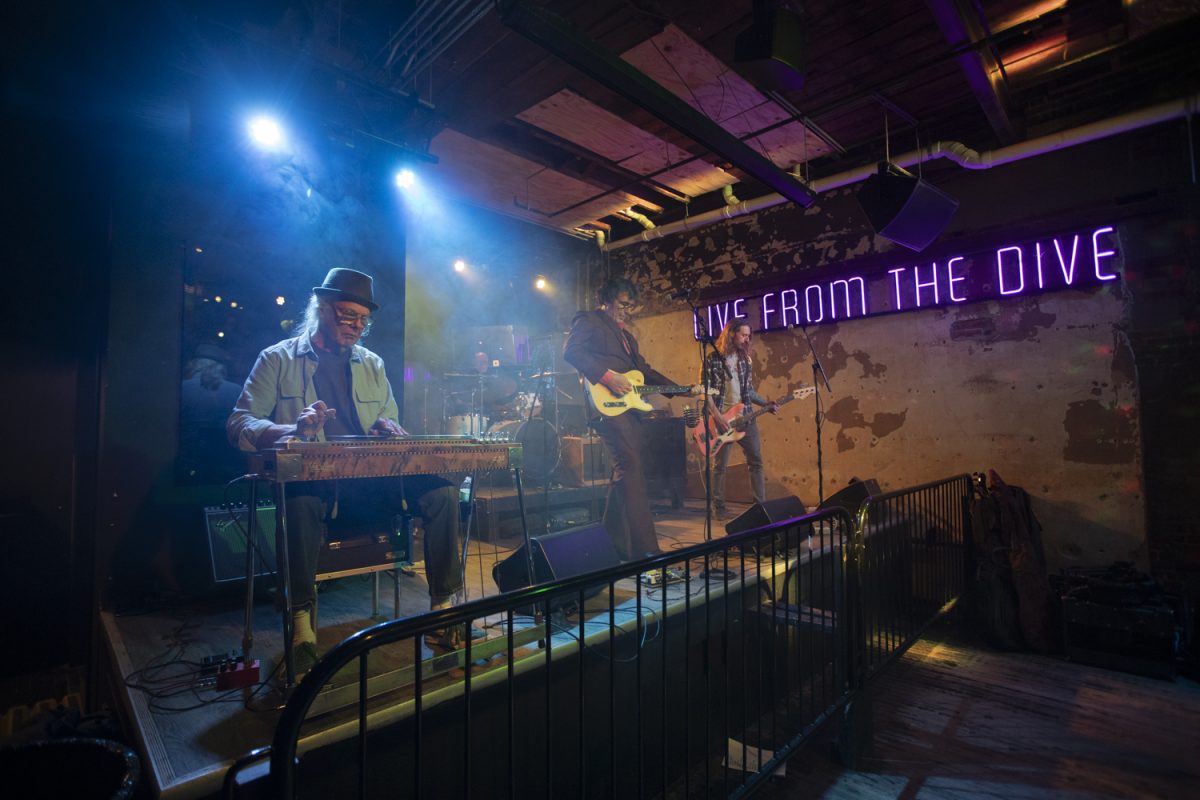By Cassandra Santiago
Black Queens. Why I Refuse to Cut My Hair. Shots Fired. The Voice of Our Mother.
These words headline the works on the new, wall-breaking literary platform Black Art, Real Stories. The website was founded earlier this semester to give black writers at the University of Iowa a space in which to showcase their talents.
“I think it’s a good way for people of black identities to come together,” said UI student Dale Baker, the author of Black Queens. “Not to single out any other races, but it’s just good for us to have some type of forum for ourselves that we can all have some type of connection to.”
A connection that the executive board members of Black Art hope to foster through the website, in workshops, literary shows, and a once-per-semester print magazine. The magazine, anticipated to début in early December, will be a collection of the best pieces of poetry, nonfiction, and fiction submitted to the website and magazine. Currently, these are the three genres the website’s submission form highlights.
However, cofounder and Editor-in-Chief Shawn Boursiquot said he hopes to one day expand the platform to other genres and forms of art, including photography, paintings, and documentaries.
For now, the image dominating the website is the Black Art logo, designed by cofounder Justin Roberson. At the center of a black background is a bold white keyhole. Inside the keyhole, a child stands on the grass, looking up at a quill slowly turning into birds. The child’s only distinct feature is a voluminous Afro. Everything in the keyhole is also colored white.
“The [Black Art] logo is a pictorial representation of the mission statement of the magazine and website,” Roberson wrote in an email. “That is to give voice to the writers and artists who normally go unheard on traditional platforms at the University of Iowa. In many ways, [Black Art] has become a gateway into identity, voice developmental and skill, and dream development through literature. This is what’s reflected in the image.”
Despite group’s showcasing literature by black student writers, submissions don’t necessarily have to be centered on blackness or black culture.
“I think a lot of people expected the writing to be focused on black issues, but my whole idea was not to just put black issues on the forefront, but to put the black writer that wants to write about love, wants to write about his childhood,” Boursiquot said. “We’re searching for black writers that just want to tell some part of their stories.”
Still, as stated in the name, the platform is for student writers identifying with the black diaspora, a population that grows every year. This fall, 4 percent of the incoming class identified as African American. For many, Black Art could play an important role in their search for a voice, regardless of what major they choose.
“It’s a different environment when you come into the literary mecca of the country, No. 1 creative-writing school, where your work is not even acknowledged,” Boursiquot said. “You go into any English classroom, you’re probably not going to read a black writer, and it’s just nuts. There’s certainly an amount of privilege that does not acknowledge black writing.”
The same contention can be made for many minority writings, leading writers to begin specialized publications and work toward recognition in the mainstream.
“My personal opinion, I think that that’s fine,” said Tabitha Wiggins, the multicultural initiatives coordinator and Black Art adviser. “I would encourage it because those other voices can be heard, are heard, in a variety of other literary magazines on campus. Sometimes [African-Americans] just need affirming space. That’s what [Black Art] provides, an affirming space for black students.”
In addition to the website, Black Art is creating those spaces on campus. It will host one of several workshops 7:30 to 9 p.m. today in 245 IMU. This workshop, led by M.F.A. writer Jeff Holmes, will focus on fiction writing.
Boursiquot said he hopes the workshop will help connect black writers on campus.
“Black writers are here, black writers are thriving,” he said. “We got good shit, too.”
To read pieces published by Black Art, Real Stories, visit http://blackart.org.uiowa.edu/
WORDS
Fiction workshop with M.F.A. writer Jeff Holmes
When: 7:30-9 p.m. today
Where: 245 IMU







